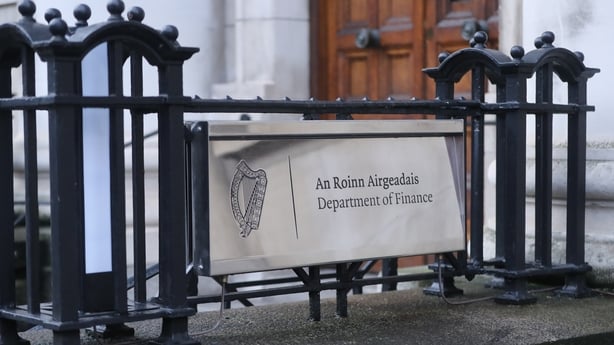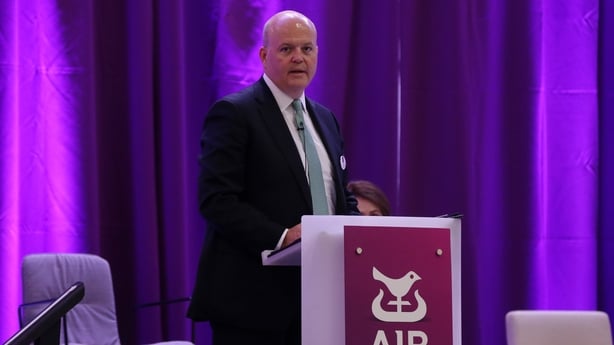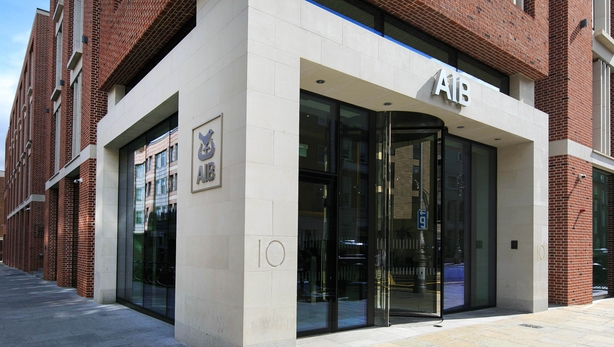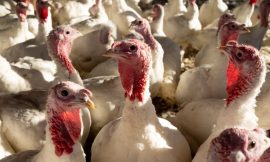In recent weeks Ireland’s pillar banks announced their 2024 financial results, and there was a clear theme each time; lenders are back making huge profits.
At the end of February, Bank of Ireland declared a pre-tax profit of €1.86 billion for last year, which was almost double the figure from 2022.
Then this week, on Tuesday, PTSB’s 2024 results showed a yearly doubling of pre-tax profit to €159 million.
AIB continued the trend on Wednesday, with a 13% jump in pre-tax profit to €2.7 billion – profit levels the lender never even reached in the Celtic Tiger years.
Back then the heads of Irish banks were all earning big money too.
In 2006, the Irish Nationwide Building Society CEO Michael Fingleton took home a pay packet of more than €2 million.
AIB’s then CEO Eugene Sheehy received €2.4 million, while over at Anglo Irish Bank David Drumm was paid €3 million during his first year as CEO.
“Ultimately it would end up costing the taxpayer around €64 billion to bail out the banks.”
But Brian Goggin at Bank of Ireland trumped them all that year, earning just shy of €4 million.
The financial crash swiftly changed that.
From the end of 2008, the State began investing in the main lenders to prevent the collapse of the entire banking system.
Ultimately, it would end up costing the taxpayer around €64 billion to bail out the banks.
With the State taking essentially full ownership of the pillar banks, the Department of Finance placed a cap of €500,000 on banking executives’ salaries.
A so-called ‘super tax’ of 87% on bonuses over €20,000 was also introduced.

This led to more than a decade of much lower remuneration for CEOs, CFOs and the like across lenders where the taxpayer had an investment.
But with their fortunes gradually improving over the last number of years, banks began to repay their respective State investments, while successive governments have also actively sought to divest their financial interests.
Bank of Ireland re-entered private ownership in 2022
In 2022, Bank of Ireland became the first bailed-out bank to fully re-enter private ownership.
This meant the lender was no longer subject to the pay cap.
The following year its Chief Executive – Myles O’Grady – earned just over €1 million, rising to €1.37 million in 2024.
And with Bank of Ireland reportedly planning to change its share awards scheme to retain senior executives, Mr O’Grady is in line to receive a total annual package worth around €2 million in 2026.
AIB CEO Colin Hunt could be next in line for a big pay bump.
When asked by Petula Martyn on the Morning Ireland business news on Wednesday how it made him feel seeing the Bank of Ireland CEO set to earn that reported €2 million, Mr Hunt said he was “deeply proud” of what his bank has achieved but refused to be drawn on salary comparisons.

At €644,000 (€500,000 basic salary), the AIB chief earned around half of what Myles O’Grady took home last year over at Bank of Ireland – despite AIB outperforming its rival.
But with the State shareholding in AIB continuing to decrease, that could be about to change.
AIB received €21 billion of a bailout during the financial crash.
So far €18.5 billion of that investment has been returned, and the bank says discussions are underway with the Department of Finance for a further €1.2 billion share buyback.
The State’s shareholding in the bank stands at 12.39%, down from 71% in 2022.

Full private ownership for AIB ‘achievable’ – Hunt
AIB will seek approval for the €1.2 billion buyback from its shareholders at its AGM on 1 May, which Mr Hunt said meant a return to full private ownership for the bank is “achievable” in 2025.
Once the State no longer has an investment in the bank, it would open the door for the removal of the €500,000 cap on bankers’ pay that was introduced by the Government following the bailout.
And with AIB posting stronger results than Bank of Ireland last year, it would be no surprise to see Mr Hunt’s financial compensation rise considerably to around that of Mr O’Grady.
There can be little doubt AIB plans to boost the earnings of its senior executives as soon as it’s able to.
AIB has been forceful in its opposition to the pay cap, consistently lobbying the Government in recent years to remove it.
“Despite the potential increases on the cards, bank CEOs here still have some way to go to catch the heads of lenders in other countries, and indeed some private companies here.”
The bank argues that it “severely hampers” its ability to attract and retain senior executives and leaves it “at a material disadvantage” to competitors.
The 2025 Programme for Government commits to “normalising the domestic banking system to best serve the interests of the economy”, and once the State’s shareholding in AIB is down to zero the door will be open for the lender to boost director salaries well above the current limits.
However, PTSB CEO Eamonn Crowley might have to wait a bit longer to see his 2024 compensation package of €596,000 (€480,000 basic salary) increase, with the bank still 57% State-owned.
Despite the potential increases on the cards, bank CEOs here still have some way to go to catch the heads of lenders in other countries, and indeed some private companies here.
Read more: ‘Clear path’ for AIB to return to full private ownership this year – CEO
Dublin-based building materials company CRH reportedly paid then CEO Albert Manifold more than €12 million in 2023.
The same year former Glanbia CEO Siobhán Talbot received remuneration of just under €8 million.
But earnings across the Irish Sea easily dwarf those figures.
Last year Denise Coates, who heads up gambling company Bet365, took home £150 million (€178 million) in earnings – and that represented a pay cut from 2023.
There’s understandably a range of views on whether anyone should be earning such astronomical amounts, even in a private company.
Though, given the recent history of Irish banks and their varying financial state, the debate here is likely to be more nuanced.
Questions may be raised as to whether any employee of financial institutions that caused great financial pain and had to be bailed out by taxpayers should be earning the level of salaries that some likely will be in the coming years.



